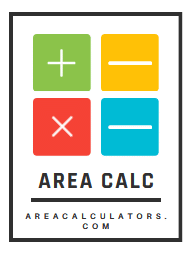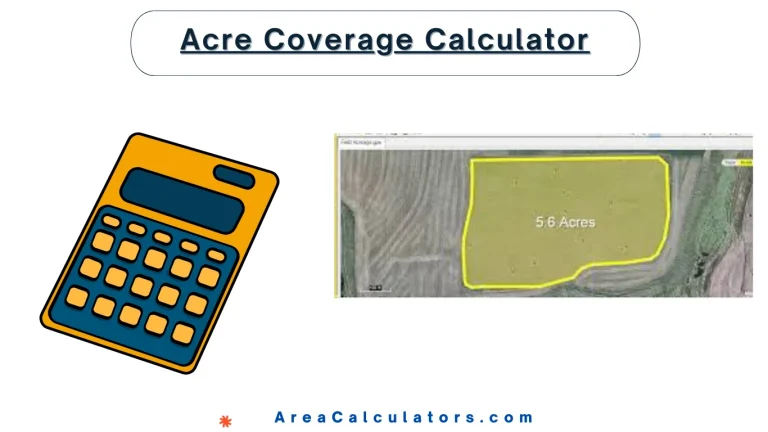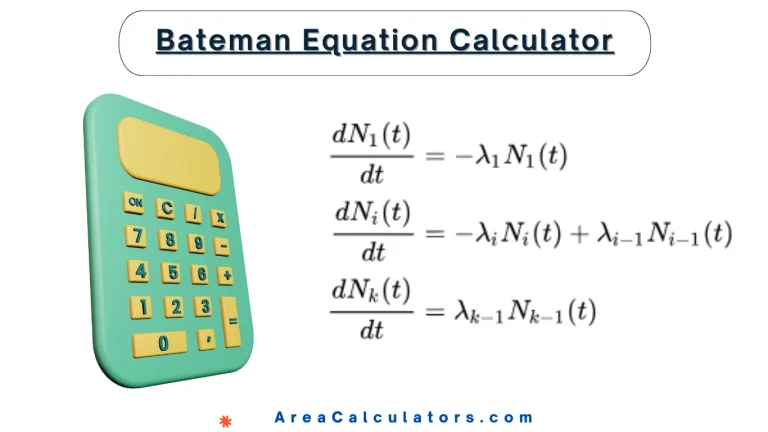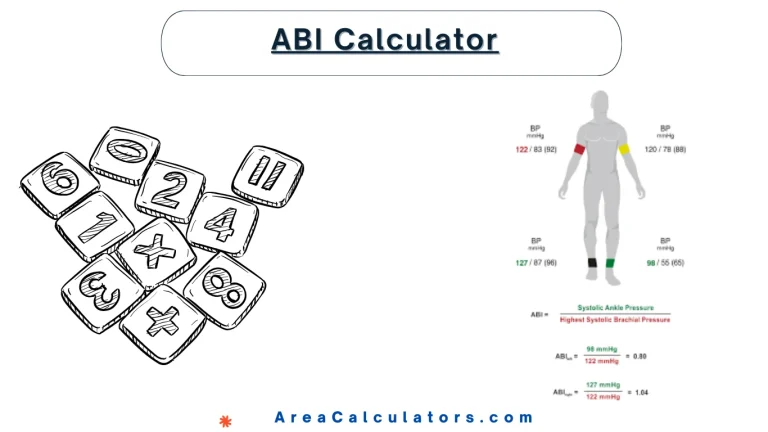To convert quarts to pounds, multiply the number of quarts by 2.085. This conversion is useful in recipes, storage measurements, and when working with liquid or dry substances.
The Quarts to Pounds Calculator assists in converting volume (quarts) into weight (pounds). It being a handy tool is used in various contexts like cooking, baking, and agriculture. Importantly, knowing the equivalent weight of a specific volume can help simplify measurements and ensure accuracy, especially when handling ingredients or materials with different densities.
This calculator provides quick, accurate conversions, making it essential for anyone working with volume-to-weight conversions.
Formula:
| Variable | Description |
|---|---|
| LBS | Weight in pounds |
| Q | Volume in quarts |
| 2.085 | Conversion factor for quarts to pounds |
Solved Calculations:
Example 1: Convert 4 quarts to pounds.
| Step | Calculation |
|---|---|
| 1 | |
| 2 | LBS = 8.34 |
Answer: 4 quarts is equal to 8.34 pounds.
Example 2: Convert 10 quarts to pounds.
| Step | Calculation |
|---|---|
| 1 | |
| 2 | LBS = 20.85 |
Answer: 10 quarts is equal to 20.85 pounds.
What is Quarts to Pounds Calculator ?
A Quarts to Pounds Calculator is a measurement-converting tool. It is used to convert between quarts and pounds, especially when dealing with liquid and dry ingredients.
Since quarts measure volume and pounds measure weight, the conversion can vary depending on the substance’s density. For example, converting quarts to pounds for water differs from converting quarts of flour or dry goods.
For reference:
- 1 quart of water roughly equals 2.08 pounds.
- 4 quarts of water is approximately 8.32 pounds.
Likewise, when using this calculator, simply input the number of quarts, and it will convert them to pounds based on the density of the substance. This is particularly useful for recipes, agricultural measurements, and bulk food handling, where precise conversions from volume to weight are necessary.
Final Words:
Conclusively, a Quarts to Pounds Calculator is ideal for accurately managing volume-to-weight conversions, saving time and reducing errors in practical applications.






